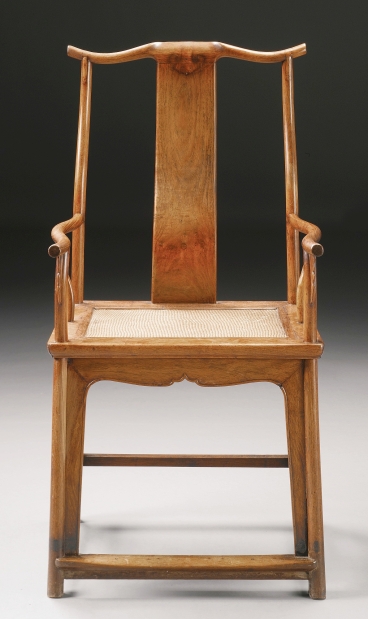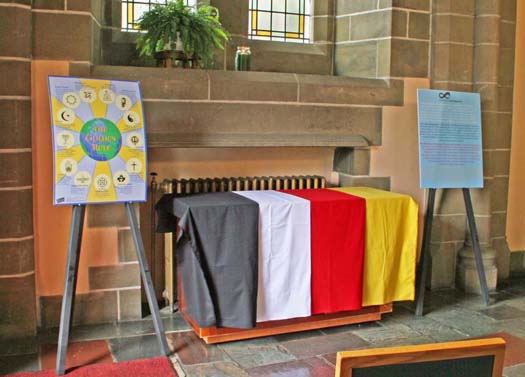The problem, it seems, is that people are no longer interested in rationalism, propositional faith, and institutionalism. Unsurprisingly, the solution is more fluidity, flexibility, openness, and diversity, seasoned with listening to the world and “God’s Spirit”, the current Anglican code word for the zeitgeist. In other words, more of what we already know doesn’t work.
It goes without saying that any article seeking to elucidate a remedy for the malaise afflicting the Anglican Church of Canada that resorts to using the word “deep” six times in just over 1000 words, can hardly be expected to be anything other than trite bluster.
Entirely absent from the article is any mention of ensuring that what is being peddled is the Truth, confident in the knowledge that God will use it – not necessarily to fill church buildings, but for saving people and for his glory. The reason is that, by and large, the ACoC, has lost interest in proclaiming what is true, preferring instead to spout what is popular. What else can the church do since it no longer believes that people need eternal salvation or that God actually acts in our universe: its efforts are confined to building Utopia Now without God’s participation.
Perhaps the real answer is that the Anglican Church in the West has had its day, and God’s plan is for it to fade quietly away to be replaced by the more robust expressions of Anglican Christianity found in Africa. That won’t do much for clergy pensions, of course.
Read it all here (page 7)
8. In order for us to cooperate with the work of God’s Spirit, we must loosen our grip. If the church wants to move forward in the current environment, we can allow no place for stultifying rigid hierarchy or oppressive control. Clergy must learn to let go. We need to relax our structures, allow for fluidity, flexibility, openness, and diversity.
9. Letting go means being willing to accept that certain things may need to die. There are some institutional expressions of faith that are simply no longer sustainable. Certain things must be left undone in order to create space for new things to arise. For a time this may look messy. It may seem like failure. But the only failure is demanding that what has been in the past must continue to bein the future. Such a demand makes us unable to respond to the call of God’s Spirit blowing through the church today.
10. A church that has the potential to appeal beyond the narrow confines of churchland, will be driven by a vision that reduces division and emphasizes the oneness of all creation and of the human community. We are too familiar with the devastation of division in our midst. We know too well the impact of dissension and discord. The world is looking for places where the realities of deep connection are honoured and practiced. When churches quarrel and separate, they erect impenetrable obstacles to being able to speak in any meaningful way to the world beyond the church. We must model profound respect for all people. We must learn to pay careful attention to the world and to listen carefully for God’s Spirit at work in all peoples’ lives. Good speaking always starts from good listening.
11. We need to listen to the world outside the church and find ways to make church more accessible to that world. The world will never listen to an arrogant voice that pronounces from a position of power and privilege. The world will listen only to the authentic voice that speaks from a place of deep sensitivity and openness to the real wisdom that is already present in the hearts of people who do not find a place in the church.
Like this:
Like Loading...



 They’d been there, in a quiet spot along the back wall of Victoria’s St. Matthias Anglican Church, for decades — possibly since the parish opened the doors of its new home in the B.C. capital nearly 50 years ago.
They’d been there, in a quiet spot along the back wall of Victoria’s St. Matthias Anglican Church, for decades — possibly since the parish opened the doors of its new home in the B.C. capital nearly 50 years ago. There was a time – I’m almost old enough to remember it – when the pulpit of the Anglican church was used to preach on the salvation of souls; progress marches ever on, so now the message is the salvation of salmon.
There was a time – I’m almost old enough to remember it – when the pulpit of the Anglican church was used to preach on the salvation of souls; progress marches ever on, so now the message is the salvation of salmon. From
From 
 creeds which represented a “doctrine controlled corporation with a top-down management style in which the expression of compassion was an uncommon experience” and replace them with what Jesus was really getting at. You must:
creeds which represented a “doctrine controlled corporation with a top-down management style in which the expression of compassion was an uncommon experience” and replace them with what Jesus was really getting at. You must: